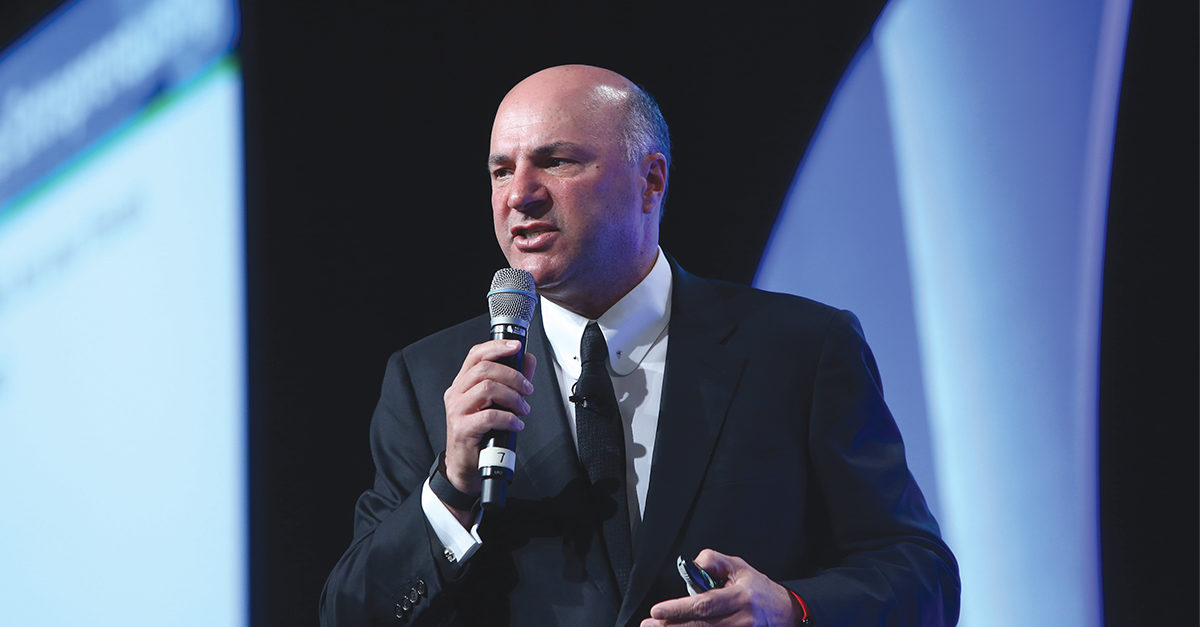This year’s ISSA/INTERCLEAN® North America trade show and ISSA Convention Seminars in Las Vegas, NV, offered nearly 50 education sessions for professionals in the commercial cleaning and facilities management industries. If you weren’t able to attend—or if you were, but just couldn’t absorb all the information that was presented—Cleaning and Maintenance Management (CMM) has got your back.
During the four-day event, the CMM team was able to gather tips on infection control, training, business development, and other pertinent industry topics. Keep reading to learn what the experts had to say.
How to Ensure a Cleaner Facility
Finding the right product for a facility’s needs can be a challenge; however, even the right product won’t do any good if it’s not used properly.
Nicole Kenny, senior director of professional and technical services for disinfectant manufacturer Virox Technologies, Inc., offered up several considerations for effective cleaning during an ISSA Convention Seminars session on cleaning for infection control:
- Don’t mix and match. While mixing two different products may seem like a good idea to maximize cleaning results, it can actually be dangerous.
- Train on product selection. Sometimes cleaning professionals may hesitate to use a particular product based on what they may have read about it online. Don’t let staff decide what to use based on their own preconceived notions. Instead, train them on the product you want them to use, and make sure they know why your facility is choosing to use a particular product.
- Follow product instructions. Using cleaning products properly can help to extend the life of the surfaces they clean.
Consider the Consequences
Training is an important part of business that you can’t afford to skip. That was one of the key messages presented during a roundtable discussion featuring Cleaning Management Institute’s (CMI) master trainers.
Sometimes managers don’t train workers because they don’t want to invest in employees who will take the training and move onto a different job. But Bill McGarvey, director of training and sustainability for the Philip Rosenau Co., raised the following question: What if you don’t train them, and they end up staying?
Customer Service Advice From a Shark
CEOs and managers of contract cleaning companies, take note: Customer service trumps price.
These words of wisdom came from Kevin O’Leary, renowned investor and host of ABC’s reality investment show “Shark Tank,” during his closing keynote address at ISSA/INTERCLEAN.
Contract cleaning companies often struggle with balancing quality and competitive pricing, but according to O’Leary, customers are willing to pay more if they know they can receive stellar customer service. “Customer service is the most powerful competitive weapon,” he said.
However, customer service doesn’t just start and stop with the custodians who are performing the work. It’s just as important for the CEO to step up to the plate, especially when someone at the company makes a mistake.
When a negative situation arises with a customer, it’s important for the CEO to pick up the phone and take ownership—no matter the size of the organization. “You don’t blame your employee,” O’Leary said. “You blame yourself, and you promise to fix it.”
Hiring Tips from an Industry Expert
New hires must be better than your current top performers.
That was one piece of advice given by Dave Frank, president of the American Institute for Cleaning Sciences (AICS), during his presentation “Selling Value with Business Solutions.”
However, according to a study by talent firm Lee Hecht Harrison, companies may not be following this approach. The study of nearly 400 employers found that 30 percent of them perceived their talent pipeline to be poor. Those numbers aren’t promising, especially for those who work in a customer service industry, such as commercial cleaning and facilities management.
So what steps can building service contractors and in-house facility managers take to ensure they are recruiting the top talent for their organizations? Frank mentioned several hiring practices that can help those who are in charge of recruiting new staff:
- Hire employees who know what is expected of them.
- Don’t just hire employees who are available; hire employees who are trainable.
- Hire the right person. It’s better to leave a position vacant than hire a person who is going to fail.
Access More Education
Many of this year’s education sessions from ISSA/INTERCLEAN, including two keynote addresses, were recorded and are available for viewing at www.issa.com/live.



